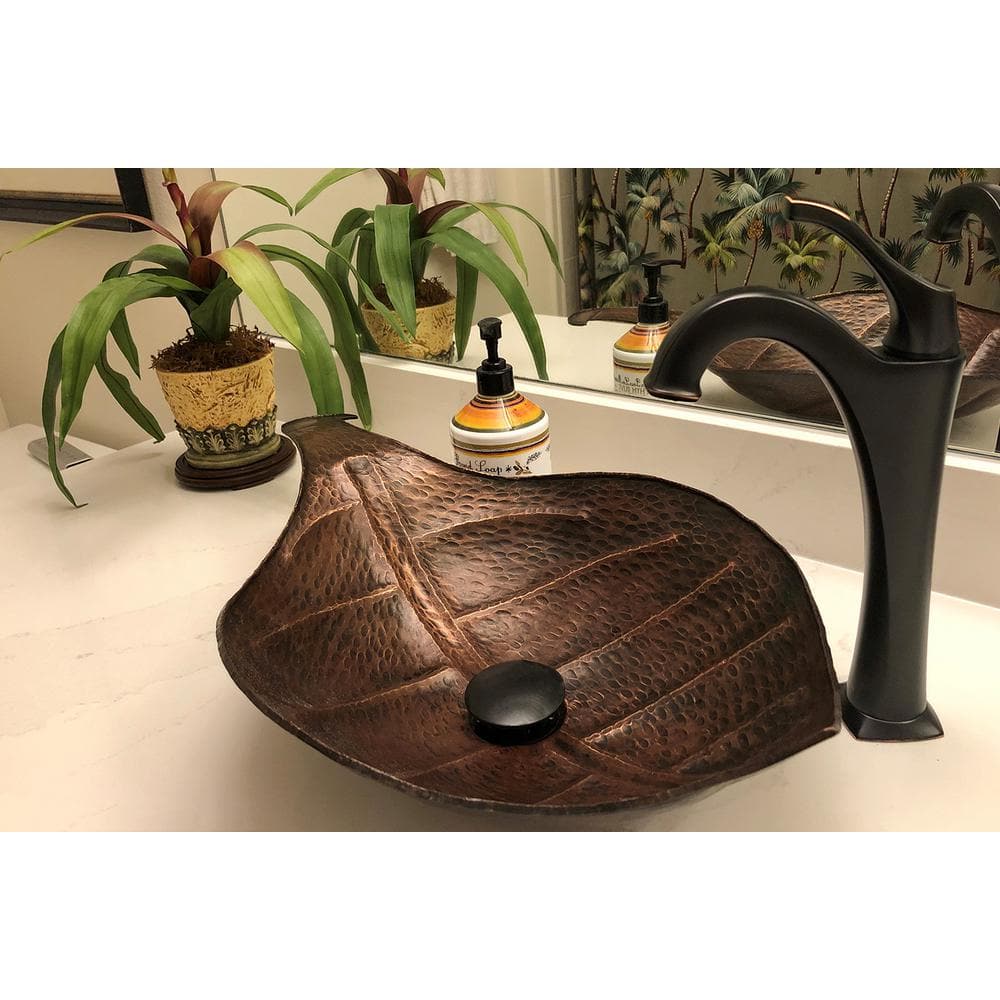Checking out the Convenience and Durability of Innovative Copper Products in Modern Design
Just How Copper Products Contribute to Sustainable Practices in Different Fields
Copper products are increasingly recognized for their substantial payments to lasting techniques across multiple fields, driven by their integral residential properties such as recyclability, performance, and durability. In renewable energy systems, for example, copper enhances the capability of solar and wind technologies, while its application in construction reduces waste through durability. The product's antimicrobial attributes offer appealing benefits in health care settings. As industries look for to take on more lasting methods, the role of copper might show critical in attaining environmental objectives. What effects might this have for future technologies in sustainability?
Copper in Renewable Power
Copper plays a critical duty in the innovation of renewable energy technologies, acting as a vital conductor in different applications. Its phenomenal electric conductivity and resistance to deterioration make it an optimal product for electric wiring, which is essential in solar panels, wind generators, and energy storage systems. In solar photovoltaic systems, copper is utilized in the affiliations and wiring, making it possible for efficient power conversion from sunshine to electrical energy.
In wind power, copper is indispensable to the generators and transformers that transform kinetic energy right into electrical power, making sure ideal performance and integrity. Moreover, the demand for electric vehicles (EVs) is enhancing, with copper being a key component in batteries, motors, and charging framework. The change to EVs considerably enhances the demand for copper, as these vehicles usually utilize 4 times a lot more copper than conventional interior combustion engine lorries.
As the globe seeks to mitigate environment adjustment and change to sustainable power sources, copper's function ends up being progressively crucial. The product not just boosts the efficiency and longevity of renewable resource systems yet additionally supports the more comprehensive objective of reducing greenhouse gas emissions and advertising a sustainable future.
Eco-Friendly Building And Construction Products
Over the last few years, there has actually been a remarkable shift in the direction of the adoption of eco-friendly building and construction materials in feedback to expanding environmental concerns. This change is inspired by the requirement for lasting options that lessen ecological impacts while maintaining structural honesty and aesthetic allure.
Copper, known for its durability and recyclability, has emerged as a crucial gamer in this field. It can be utilized in roof covering, pipes, and electric systems, adding to energy efficiency and minimizing waste. Copper's longevity suggests less substitutes over time, further boosting its sustainability profile.
Furthermore, products such as bamboo, redeemed wood, and recycled steel are obtaining popularity. These alternatives not only supply lowered ecological influence however also promote resource conservation. As developing codes progressively emphasize sustainability, building contractors and engineers are integrating these materials right into their projects, cultivating development in layout.
The boosting fostering of environment-friendly building products mirrors a wider commitment to sustainability in the built atmosphere. By focusing on these products, the building and construction industry can significantly decrease its carbon footprint, straighten with governing criteria, and support a healthier ecosystem for future generations. This pattern marks an essential step in the direction of an extra find more sustainable future in building and construction.
Copper's Function in Health care
Current researches have actually highlighted the substantial function of copper in health care settings, particularly because of its antimicrobial residential properties. Copper surface areas have been revealed to lower the presence of pathogens, including microorganisms and viruses, read this by up to 99.9% within a brief period. This impressive efficacy makes copper an invaluable material for high-touch surface areas in healthcare facilities, such as doorknobs, bed rails, and IV posts, thereby adding to improved infection control steps.
Along with its straight antimicrobial impacts, copper also contributes in the broader context of healthcare facility sustainability (Copper Products). By including copper into clinical tools and furnishings, healthcare facilities can reduce the incidence of healthcare-associated infections (HAIs), which not just enhances person results but additionally decreases the prices related to extended health center stays and extra treatments
Furthermore, copper's longevity and recyclability straighten with lasting techniques, enabling for liable resource monitoring. As health care systems progressively prioritize both individual security and environmental stewardship, the assimilation of copper items is ending up being much more widespread. This double advantage emphasizes copper's important payment to a much healthier, safer, and more sustainable medical care setting.
Sustainability in Transport

Additionally, copper's resilience and rust resistance add to the durability of transportation facilities (Copper Products). In rail systems, for example, copper elements boost the reliability and performance of signaling and power systems, crucial for decreasing hold-ups and power intake. In addition, copper's role in renewable resource systems, such as solar and wind, supports sustainable transportation solutions by offering clean energy for electrical transit alternatives
Investments in copper technology not just foster sustainability yet likewise stimulate financial growth and task creation in green markets. As markets make every effort to satisfy strict environmental laws, the application of copper products in transport arises as an essential technique in achieving sustainability goals and advertising a cleaner, extra effective future.
Copper and Circular Economy
As the world progressively welcomes sustainability, the function of copper in the round economy comes to be ever before extra significant. Copper's intrinsic properties-- such as its resilience, conductivity, and recyclability-- setting it as a key product in a resource-efficient economy. The round economic situation intends to minimize waste and maximize resource use via recycling and reusing materials, and copper excels in this regard.
The metal can be recycled forever without loss of quality, making it an optimal prospect for sustainable methods across numerous fields, including building and construction, electronic devices, and renewable energy. By reprocessing and recuperating copper from end-of-life items, sectors can considerably decrease the need for virgin products, thus decreasing environmental impacts related to mining and handling.
In addition, the integration of copper right into round economy frameworks not only saves sources yet additionally cultivates innovation. Businesses that prioritize copper recycling contribute to a more lasting supply chain, boosting their competitiveness while aligning with regulatory demands and consumer preferences for ecologically liable items.
Conclusion
In final thought, copper items substantially add to lasting practices across multiple markets. Their vital duty in boosting eco-friendly power innovations, promoting eco-friendly building products, sustaining infection control in healthcare, helping with sustainable transport, and personifying the concepts of a circular economic climate highlights the versatility and importance of copper. By incorporating copper into different applications, industries can accomplish greater performance, minimize ecological influence, and line up with worldwide sustainability goals, inevitably promoting a more lasting future.

Copper's superb conductivity makes it a favored product in electrical vehicle (EV) systems, improving energy effectiveness and efficiency. Additionally, copper's function in eco-friendly energy systems, such as solar and wind, sustains sustainable transport services by providing tidy energy for electrical transit options.
Their important role in improving eco-friendly power technologies, promoting environment-friendly building and construction materials, supporting infection control in health care, facilitating lasting transport, and personifying the concepts of a round economic climate emphasizes the adaptability and value of copper.